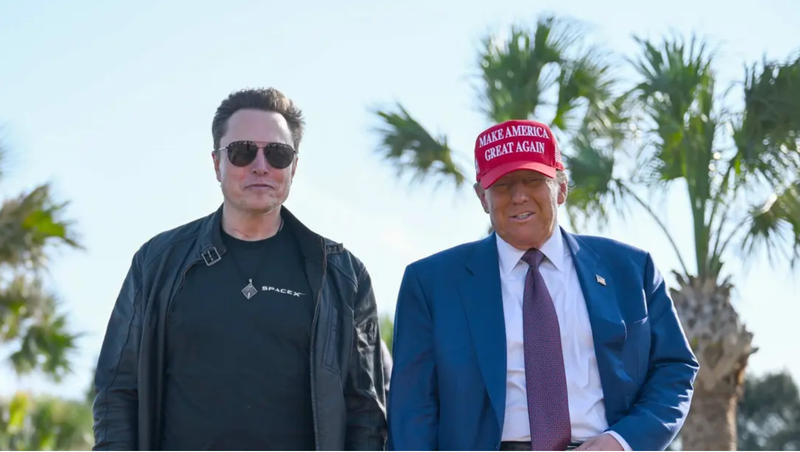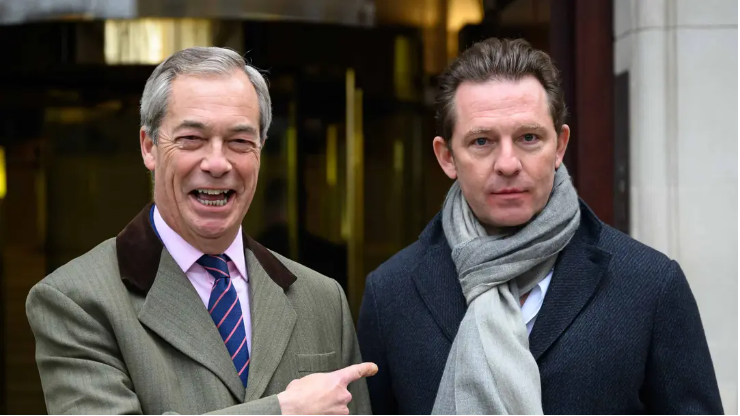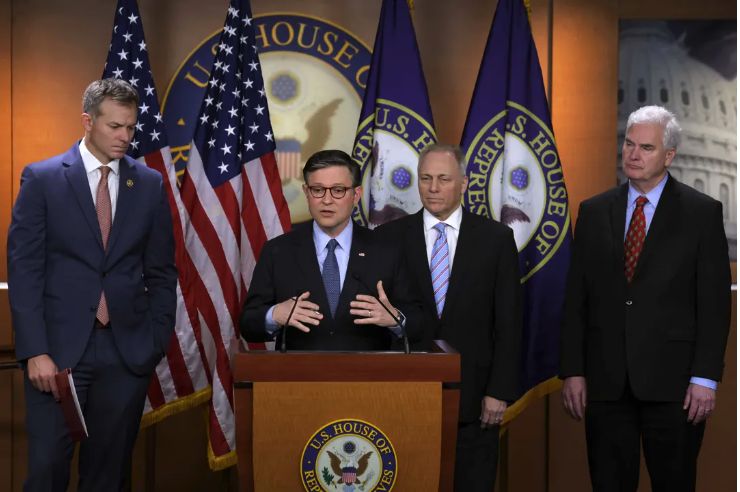COP29 Agrees on $300B Climate Finance Deal
Wealthy countries at the UN Climate Change Conference (COP29) in Baku, Azerbaijan, on Sunday agreed to provide at least $300B annually in climate aid to developing countries by 2035....
0:00
/1861
Facts
- Wealthy countries at the UN Climate Change Conference (COP29) in Baku, Azerbaijan, on Sunday agreed to provide at least $300B annually in climate aid to developing countries by 2035.[1][2]
- The aid, clinched after two weeks of intense negotiations, is far from the full amount ($1.3T) that developing countries had requested, but is higher than the $100B currently provided. The final agreement forced an extra day of talks after dozens of countries staged a walkout.[3][4]
- The agreement, which called for all parties to use public and private sources to approach the $1.3T goal, also includes a 'Fund for Loss and Damage,' which already has $730M in pledged funding — the largest donors for that fund are Australia and Sweden.[5][6]
- They also dealt with carbon trading, introducing state-to-state and corporate mechanisms to fund projects like reforestation and clean energy. The goal is to address issues of unregulated markets, though concerns about quality persist.[7]
- While Australia, Ireland, Mexico, the Asian Development Bank, and the EU pledged support for loss and damage, net-zero goals, renewable energy, and coal phase-out, the US, UK, Germany, Sweden, and Canada focused on Climate Investment Funds, deforestation, methane cuts, and glacier impacts.[6]
- Some major world leaders were notably absent from the conference, including US Pres. Joe Biden and Chinese Pres. Xi Jinping, while representatives from Taliban-ruled Afghanistan attended for the first time.[8]
Sources: [1]UN News, [2]Washington Post, [3]New York Times, [4]The Telegraph, [5]Unfccc, [6]Cop29, [7]Abc and [8]NBC.
Narratives
- Narrative A, as provided by Fox59 and CBS. Given developed countries' current economic constraints and domestic challenges, the $300B a year COP29 climate deal represents a realistic commitment. The amount already triples previous commitments and reflects the maximum feasible contribution while balancing other national priorities. It's an important down payment toward a safer, more equitable future.
- Narrative B, as provided by Forbes and BBC News. This agreement is woefully insufficient and falls short of the $1.3T needed to address climate adaptation, damage recovery, and clean energy transition. The current proposal severely undermines the ability of the poorest and most vulnerable nations to combat climate change impacts they didn't cause, while wealthy nations avoid their legal obligations.
- Narrative C, as provided by Unlimited Hangout. These global climate initiatives only pretend to help the poor while resulting in the exact opposite. Carbon credit systems, for example, are designed to monetize natural resources and convert forests and ecosystems into tradable assets, benefitting investors while marginalizing local communities. These schemes often impose surveillance measures, infringe on national sovereignty, and prioritize profit over genuine environmental stewardship.







